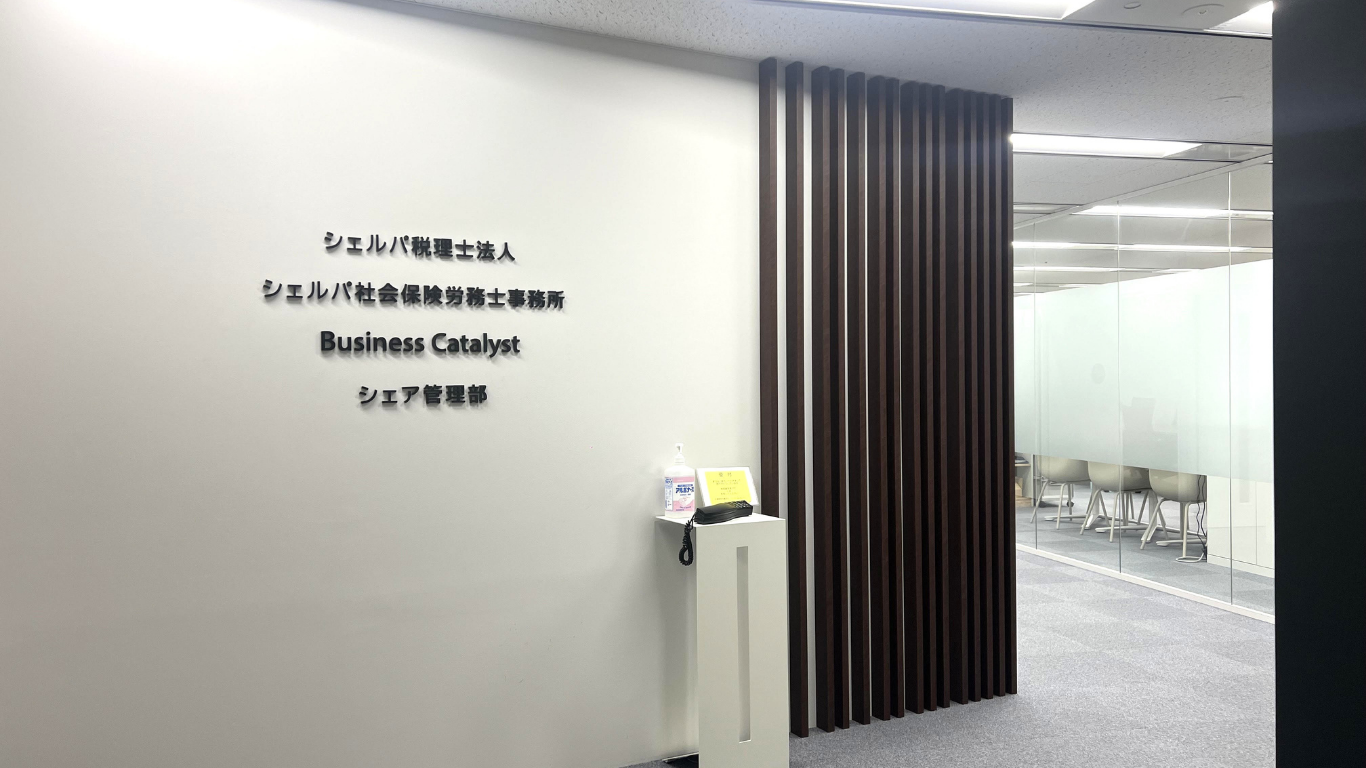 01
01Operated by an Accounting Firm, so you can be assured. Entrust tasks to reliable professionals!
AdmiShare Co., Ltd. is operated by an accounting firm, with experienced staff including certified public accountants and tax accountants providing services as your external management department in the fields of accounting and human resources. With a wealth of experience, we flexibly accommodate the unique requirements of each client across various industries and situations.








